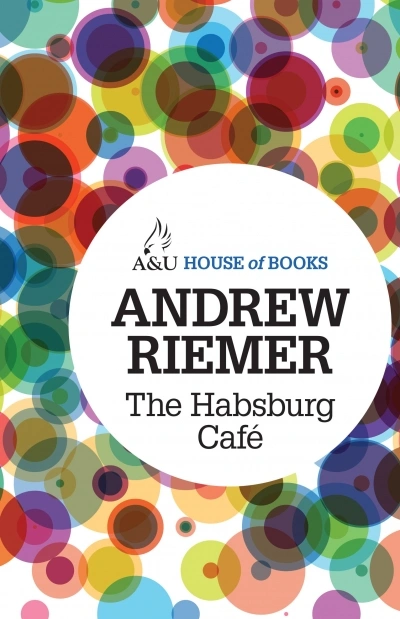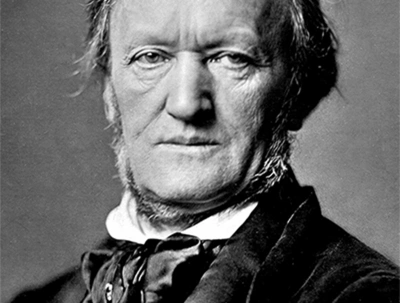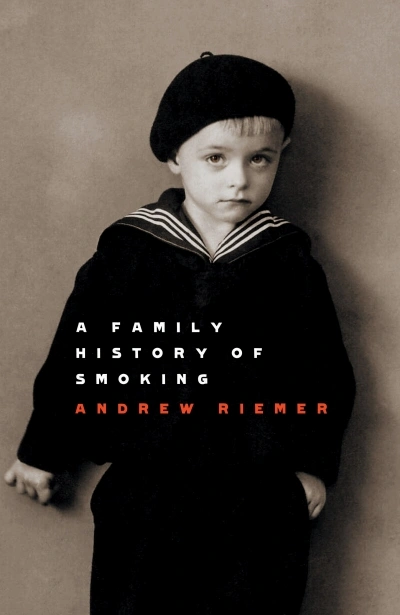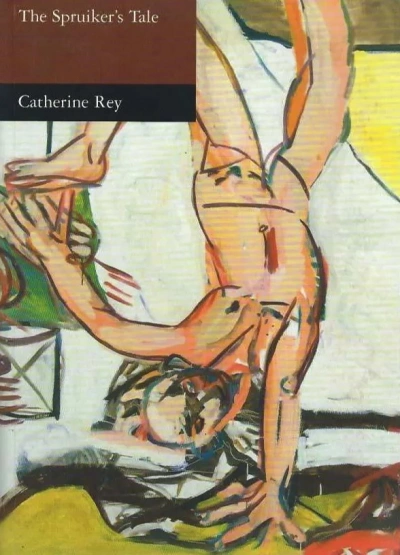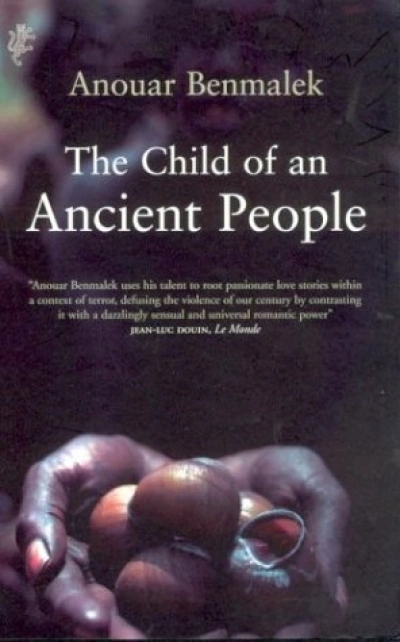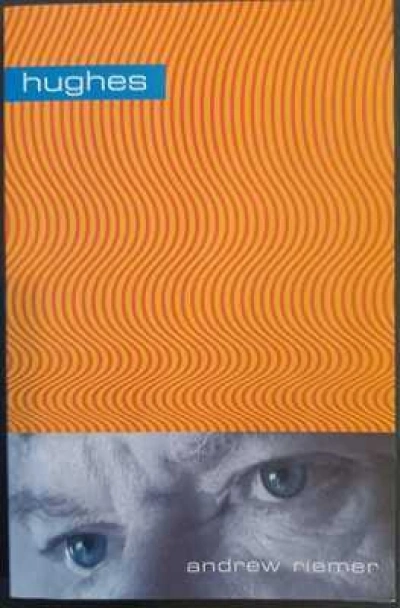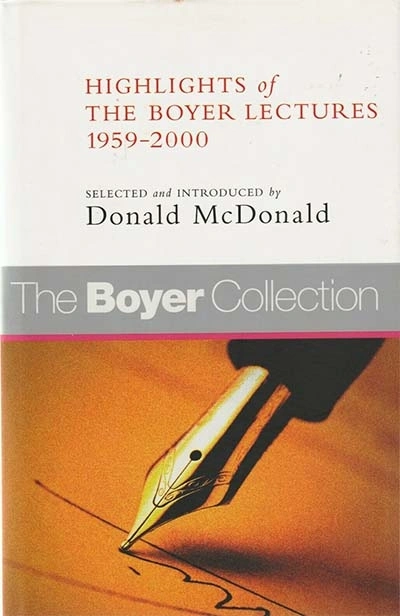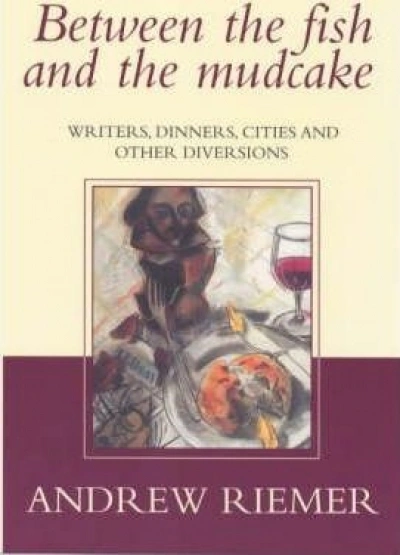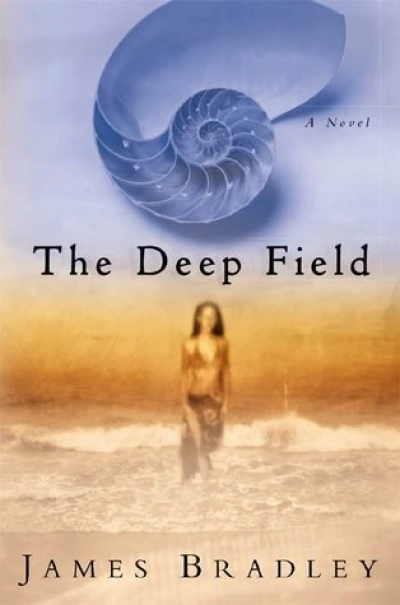Andrew Riemer
Passions have always run high in the Wagner dynasty. Richard, the patriarch, waged a lifelong battle to impose his vision of a purified German art – freed of decadent foreign influences – on a sceptical, at times overtly hostile, culture. His great-grandson Gottfried, who bears a striking physical resemblance to his forebear, is equally dedicated to his mission in life: to alert the world to the intrinsic evil and pernicious influence of Wagner’s works. The cost has been considerable. As he recounts in his obsessive autobiography, The Wagner Legacy (Sanctuary Publishing, 1998 and 2000), he has been disowned by his father, Wolfgang (who has been sole Director of the Bayreuth Festival since 1966), reviled by Wagner enthusiasts in Europe and America, denied every opportunity of working in theatres and opera houses, slandered and even hounded, on occasions, by death threats. Yet, in circumstances where others might have been tempted to throw in the towel, he continues to roam the world, delivering lectures, participating in seminars and discussion- groups with a single-minded aim – to atone for the great evil his family unleashed from their stronghold in the pleasant, nondescript little town of Bayreuth, where the faithful gather each summer to worship the Master, and perhaps to remember the Master’s greatest disciple, the Führer, the intimate friend of Winifred Wagner, Gottfried’s grandmother.
... (read more)The Spruiker’s Tale by Catherine Rey (translated by Andrew Riemer)
The Child of an Ancient People by Anouar Benmalek (translated by Andrew Riemer)
Hughes by Andrew Riemer & Ellis Unpulped by Michael Warby
The Boyer Collection: Highlights of the Boyer lectures 1959–2000 edited by Donald McDonald
You tend to notice things when away from home. For instance, I have always been struck by how many people on trains and buses in Paris have their noses buries in books. So when I spent a couple of weeks there in March, I tried as often as decently possible to sneak a look at what Parisians were reading.
... (read more)

